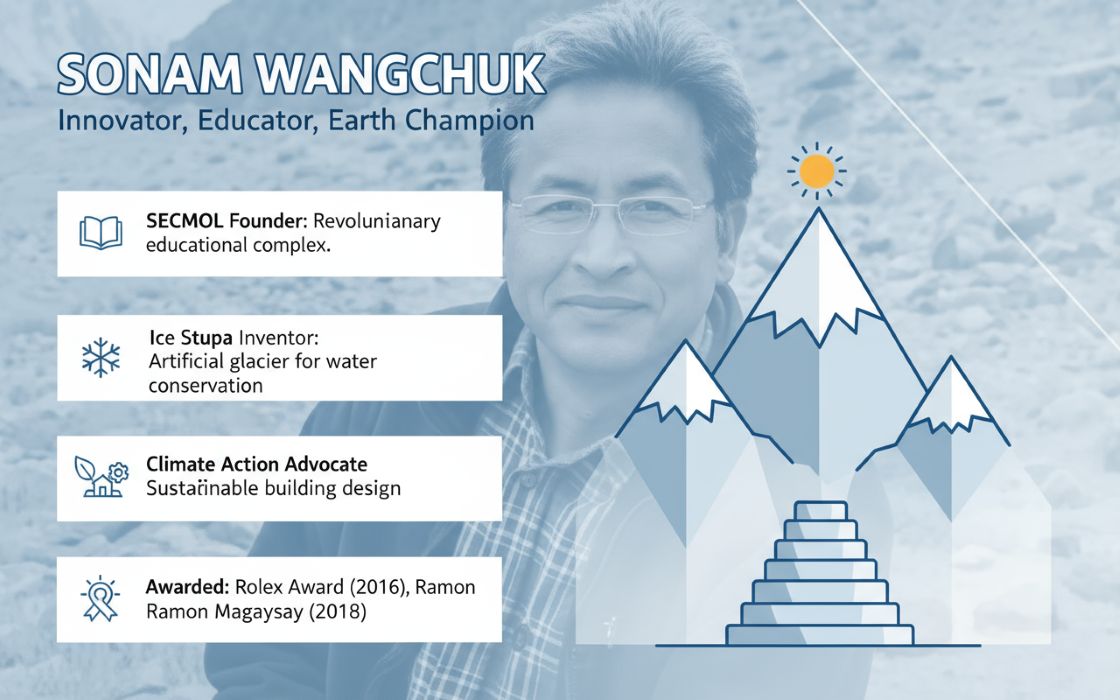Ayodhya, a city steeped in cultural, spiritual and religious significance, is now emerging as a hub for innovative social initiatives aimed at sustainable development and community empowerment. From rejuvenating ponds and fostering environmental conservation to creating opportunities for women and youth through education and skilling, the Pakka Foundation is driving transformative change in the region.
In this exclusive interview with TheCSRUniverse, Ms. Sarita Upadhyay, spokesperson for the Pakka Foundation, shares insights into the critical development challenges in Ayodhya, the conceptualization of the Ayodhya CSR Conclave, and the Foundation’s innovative approaches to education, skilling, and sustainability.
Scroll down to explore how collaborative efforts and long-term strategies are shaping the future of Ayodhya and its surrounding communities:
Q. Ayodhya has been in the limelight for decades. Do you think sufficient focus has been on addressing key development issues in and around the region? If not, what gaps do you see?
A. Ayodhya holds significant cultural and religious importance and attracts attention. However, the emphasis has been on infrastructure projects and tourism-driven development, leaving critical gaps in addressing broader development issues like integrated urban planning to ensure sustainable growth, including housing, waste management, and urban transport systems for residents, not just tourists.
1. Employment Opportunities: Many residents rely heavily on tourism or agriculture for livelihoods, leaving the economy vulnerable to seasonal fluctuations. Diversification into industries could create more stable job opportunities.
2. Education and Skill Development: Despite investments in heritage and culture, educational institutions in Ayodhya and surrounding areas often lack modern facilities and resources. Initiatives to skill youth in emerging fields like technology, tourism management, and entrepreneurship could help bridge the gap.
3. Sustainability and Environmental Conservation: Increased footfall from tourism has raised concerns about the sustainability of the Sarayu River and surrounding ecosystems. Environmental conservation efforts need strengthening, including waste management and water body preservation.
4. Community-Centric Development: Much of the development narrative has focused on Ayodhya's symbolic and spiritual importance. However, community-based development initiatives, particularly targeting marginalized groups like women and lower-income communities, are limited.
Q. What are the critical development areas in Ayodhya that require intervention and assistance from multiple stakeholders, and how can long-term collaborations create meaningful and sustainable social impact?
A. Ayodhya faces various challenges related to the region's socio-economic development. Addressing these requires the active involvement of multiple stakeholders, including government bodies, NGOs, private sector players, and the local community. Some of the critical development areas in Ayodhya that necessitate intervention and strategies for fostering sustainable impact through long-term collaborations are:
Youth Empowerment and Employment
- Challenges: Unemployment and lack of platforms for young people to realise their potential.
- Needs: Entrepreneurial support, mentorship programs, and initiatives to prepare youth for future skills & connect youth with national and global opportunities.
- Interventions: World-class Skill-building institution with futuristic programs, youth leadership programs, and promoting innovation established through public-private partnerships.
Women’s Empowerment
- Challenges: Gender disparity, limited access to education and employment, and low participation in decision-making.
- Needs: Young girls should get equal opportunities for education and employment, and women at home need to be educated on the importance of financial independence for taking control of their own lives and children. Women-led microenterprise initiatives, promoting self-help groups (SHGs), and gender-sensitization programs are critically important.
- Interventions: Collaborations with women-focused NGOs, government and corporate CSR to build scalable, income-generating models for women.
Environmental Sustainability
- Challenges: Pollution in the Saryu River, deforestation, and poor waste management.
- Needs: River rejuvenation projects, afforestation drives, and waste segregation and recycling initiatives.
- Interventions: Collaborations with environmental NGOs, local government, and private companies specialising in clean energy and waste management.
Q. What inspired the conceptualization of the Ayodhya CSR Conclave, and how does it align with the Pakka Foundation’s mission to transform lives through education and skilling?
A. The Ayodhya CSR Conclave was created in response to the urgent need for a collaborative platform where various stakeholders—including corporations, social organisations, local authorities, and communities—can unite to tackle the social and economic challenges facing the region.
The Conclave focuses on developing strong educational frameworks and skill development programs aimed at empowering both youth and women. This mission aligns closely with the Foundation's vision of preparing individuals for fulfilling careers and leadership roles within their communities.
By bringing together a diverse array of stakeholders, the Conclave promotes partnerships and collaborations, which are essential components of the Pakka Foundation's strategy to enhance the social sector ecosystem.
Grounded in the Foundation's commitment to community empowerment, the Ayodhya CSR Conclave prioritizes localized interventions that align with the specific needs and aspirations of the region.
Additionally, the Conclave serves as a platform for experimentation, knowledge sharing, and the pursuit of innovative approaches to education and skill development, reinforcing the Foundation’s commitment to continuous learning and adaptive strategies.
Q. What are the primary goals of this conclave, and how does the Foundation envision these discussions contributing to long-term sustainable development in Ayodhya and surrounding regions?
A. The primary goals of the Ayodhya CSR Conclave focus on fostering collaboration, driving innovative solutions, and creating actionable strategies for sustainable development in Ayodhya and its surrounding regions. This initiative aims to address regional challenges in skill development and education, promoting scalable and sustainable solutions while engaging local stakeholders and enhancing the impact of Corporate Social Responsibility (CSR).
The Pakka Foundation envisions these discussions as a catalyst for lasting change through community empowerment, with a strong emphasis on education and skill development. The Conclave aims to empower youth and women to take charge of their own development, building a foundation for self-reliance and economic growth.
Additionally, the Conclave facilitates knowledge sharing and capacity building by promoting the exchange of best practices, thereby strengthening the capabilities of local organizations and leaders. It also serves as a conduit for strategic resource mobilization, including financial, technical, and human capital, ensuring that targeted interventions are delivered where they are most needed.
Insights and recommendations from the Conclave can inform public policies and frameworks, aligning local development efforts with broader national and global goals such as the Sustainable Development Goals (SDGs). By integrating environmental, social, and governance (ESG) principles into the development discourse, the Conclave encourages initiatives that are not only impactful but also sustainable in the long term.
Through this Conclave, the Pakka Foundation seeks to inspire action, nurture collaborations, and pave the way for holistic and sustainable growth in Ayodhya and beyond.
Q. How will the conclave foster collaboration among CSR leaders, policymakers, grassroots organisations, and skilling experts to develop innovative models for skilling, education, and sustainable solutions?
A. This conclave is designed to bring together CSR leaders, policymakers, and skilling experts, to form a collaborative platform to address developmental challenges. Here's how it can foster collaboration and drive innovation:
1. Facilitating Multisectoral Dialogues
- Panel Discussions and Roundtables: Sessions involving diverse stakeholders to share insights on education, skilling, and sustainability. These discussions help align corporate social responsibility (CSR) priorities with policy frameworks and grassroots needs.
- Networking Opportunities: Creating spaces for informal interactions and focused networking to build relationships and foster trust among participants.
2. Knowledge Sharing and Best Practices
- Showcasing Successful Models: The Pakka Foundation shows successful models and potential high-impact projects of education and skilling programs to inspire scalable and replicable solutions.
- Policy Briefings: Policymakers can share updates on government schemes, enabling CSR leaders to align initiatives with national priorities.
3. Co-creation of Innovative Models
- Collaborative Workshops: Joint sessions to brainstorm on specific challenges, such as integrating digital tools in skilling or ensuring sustainability in rural education.
- Technology Integration: Leveraging expertise from skilling experts and tech partners to integrate digital solutions in proposed models.
4. Building Funding and Resource Sharing Networks
- CSR Partnerships: Encouraging corporates to pool resources for impactful projects, reducing duplication of efforts and maximizing outreach.
- Collaborative Funding Models: Exploring public-private partnerships where CSR funds complement government investments in education and skilling
5. Monitoring and Accountability Mechanisms
- Shared Metrics for Impact Assessment: Defining common success indicators to measure outcomes of education, skilling, and sustainability programs.
- Transparency Platforms: Introducing digital tools to track project progress and enable real-time collaboration among stakeholders
Focus Areas for Collaboration
- Education: Enhancing teacher training, curriculum design, and access to digital learning tools in underserved areas.
- Skilling: Co-creating programs aligned with local economic needs, such as agriculture, tourism, or technology.
- Sustainability: Encouraging environmental stewardship through CSR initiatives focused on renewable energy, water conservation, and waste management.
By fostering collaboration, the conclave can bridge gaps between policy, funding, and implementation, creating impactful and sustainable solutions that address the region’s most pressing developmental challenges.
Q. The event includes experiential field visits to the Pakka Foundation’s ongoing initiatives. Could you provide insights into these programs and their impact on local communities?
A. Education is the most effective tool for transforming people's life trajectories. You will visit one of our preschools in the villages of Ajodhya. This school is special because it promotes joyful learning, utilising a project-based and contextual learning approach. The children from this preschool transition to a community CBSE school that follows the same teaching and learning methods and is directly linked to a vocational training institute on the same campus. This unique concept was adopted 20 years ahead of its time and has now been incorporated into the National Education Policy 2020. To date, 500 children have transitioned from pre-primary to primary school, 4000 students trained in vocational-technical skills and 90% are gainfully employed.
You will also meet one of our beneficiaries from the women's empowerment program, Sadhana, who runs her own jute products manufacturing unit and employs 10 women. She is working closely with UPSRLM.
We would also take you to a school for out-of-school children from communities of ragpickers and beggars. After bridging age-appropriate learning gaps, we mainstream these children into a formal schooling system.
You will also visit one of the nine ponds we rejuvenated in the villages in Ayodhya.
Q. What innovative models or approaches will be discussed during the conclave to tackle challenges in skilling and education?
A. The conclave is an excellent opportunity to discuss innovative models and approaches to address challenges in skilling and education. These models are designed to be scalable, inclusive, and aligned with regional socio-economic needs. Some innovative approaches likely to be highlighted include:
1. Technology-Driven Solutions
a) Digital Learning Platforms
- Interactive EdTech Tools: Mobile apps and online platforms offering localized, multilingual content tailored to the needs of students and skilled candidates.
- Virtual and Augmented Reality: Immersive learning experiences for vocational training, such as simulations for machinery operation
b) AI and Data Analytics
- Personalized learning paths for students based on their strengths, weaknesses, and interests.
- Predictive analytics to identify at-risk learners and provide timely interventions.
c) Blended Learning Models
- Combining online and offline education to ensure accessibility in areas with limited digital infrastructure.
- Leveraging community centres and local NGOs as hubs for blended learning.
2. Industry-Academia Collaboration for saving the planet
- Industry-led councils will identify emerging skill demands and collaborate with educational institutions to co-develop curricula aimed at combating climate change.
- Collaboration with local industries for apprenticeships and on-the-job training.
- Work-Integrated Learning
- Programs that integrate skilling into existing education systems, such as dual-degree or diploma and vocational training models.
- PPP Models (Public-Private Partnerships)
- Corporates partnering with schools to upgrade infrastructure and introduce industry-relevant skilling programs.
3. Community-Centric and Inclusive Approaches
a) Women-Centric Skilling
- Tailored skilling programs address barriers faced by women, such as flexible schedules, home-based work options, and childcare support.
- Promoting entrepreneurship among women through microfinance and business mentoring.
b) Rural Innovation Hubs
- Community-run hubs offering skill development in agriculture, handicrafts, renewable energy, and local entrepreneurship.
- Leveraging traditional knowledge and crafts for sustainable income generation.
4. Curriculum Innovations
a) STEAM Education
- Incorporating Arts into STEM (Science, Technology, Engineering, and Mathematics) to promote creativity and critical thinking.
- Activity-based learning for holistic development.
b) Future-Ready Skills
- Programs focused on digital literacy, coding, AI, machine learning, and green jobs.
- Introducing financial literacy and entrepreneurial skills at the school level.
c) Micro-credentials and Modular Courses
- Offering bite-sized certifications that allow learners to build skills incrementally and stack them towards larger qualifications.
5. Sustainable and Scalable Models
a) Green Skilling
- Creating awareness about sustainability practices in every skilling initiative.
b) Outcome-Based Financing
- Models like Social Impact Bonds (SIBs) ensure funding is tied to measurable outcomes, such as job placement rates or skill proficiency.
c) Cluster-Based Development
- Establishing skilling and education clusters around economic hubs, ensuring alignment with regional industries and job markets.
6. Lifelong Learning Ecosystem
- Upskilling and Reskilling Platforms: Supporting workers in transitioning industries with continuous learning opportunities.
- Recognition of Prior Learning (RPL): Certifying skills acquired informally to enhance employability.
- Mentorship Networks: Connecting learners with mentors from academia, industries, and grassroots organizations.
7. Monitoring and Evaluation Innovations
- Real-Time Dashboards: Tracking the progress of skilling programs and identifying bottlenecks early.
- Community Feedback Mechanisms: Ensuring that programs are responsive to the needs of beneficiaries.
- Impact Assessments: Using advanced tools to measure long-term socio-economic benefits of skilling and education initiatives.
By integrating these models and approaches, the conclave aims to inspire collaborative solutions that are inclusive, scalable, and sustainable, empowering individuals and communities to thrive in a rapidly evolving world.
Q. Beyond the conclave, what are the Pakka Foundation’s long-term plans for scaling skilling and education initiatives in Ayodhya and other regions?
A. We are expanding our education program by opening four new pre-primary schools (Krishna Niketans) and expanding the capacities of our community primary and secondary school and vocational training institute. We aim to build a world-class training institute for compostable packaging skills to combat climate change.
We would create 50 women-led, sustainability-focused enterprises in the next three years in Ayodhya and rejuvenate 75 ponds in the next three years.
Q. What role do you see CSR playing in driving regional development through education and skilling, and how can initiatives like this conclave amplify its impact?
A. Corporate Social Responsibility (CSR) can play a transformative role in driving regional development, particularly in the areas of education and skilling. By aligning CSR initiatives with local needs and leveraging the resources, expertise, and networks of the private sector, companies can create sustainable and impactful change. Here's how CSR can drive development and how initiatives like a conclave can amplify its impact:
1. Bridging Resource Gaps
- Infrastructure Development: CSR funds can improve school facilities, vocational training centres, digital infrastructure
- Access to Education: Sponsoring scholarships, e-learning tools, and teacher training programs to enhance learning outcomes.
2. Promoting Skill Development
- Industry-Aligned Training: Designing skilling programs that match local economic opportunities, ensuring employability and job creation.
- Focus on Marginalized Groups: Providing targeted support to women, differently-abled individuals, and economically weaker sections to bridge inequality.
3. Fostering Innovation and Technology
- EdTech Adoption: Funding and piloting technology-driven solutions like digital classrooms, virtual labs, and AI-based personalized learning.
- R&D Investments: Supporting research to identify effective pedagogical methods and scalable skilling models.
4. Encouraging Entrepreneurship
- Capacity Building: Offering mentorship, financial support, and training to budding entrepreneurs in rural and semi-urban areas.
- Sustainable Enterprises: Promoting green entrepreneurship and industries tied to local resources, such as handicrafts or agro-processing.
How Initiatives Like This Conclave Amplify CSR Impact
Platform for Collaboration
- Cross-Sectoral Partnerships: The conclave provides an avenue for corporates to collaborate to pool resources and expertise.
- Shared Vision: Aligning CSR initiatives with regional development goals through collective brainstorming and strategy development.
2. Knowledge Sharing and Best Practices
- Highlighting successful CSR projects that can be replicated or adapted to other regions.
- Learning from grassroots organizations and local communities about the real challenges and opportunities.
3. Innovative Models and Solutions
- Co-developing cutting-edge models for education and skilling, such as micro-certifications, digital skilling, and community-centric programs.
- Promoting scalable and sustainable practices that integrate CSR goals with long-term regional development.
4. Focus on Measurable Impact
- Establishing common metrics to assess the effectiveness of CSR interventions in education and skilling.
- Sharing tools for impact measurement and ensuring accountability in project implementation.
5. Leveraging Collective Advocacy
- Influencing policy by presenting CSR-backed pilot models that demonstrate the feasibility of innovative education and skilling programs.
- Advocating for regulatory support to scale successful initiatives.
6. Inspiring Stakeholders
- Showcasing the transformative potential of CSR projects to attract more corporates, investors, and partners into the regional development ecosystem.
- Empowering grassroots leaders and local communities by integrating them into the decision-making and implementation process.
Recommendations to Maximize Impact
- Adopt a Cluster-Based Approach: Focus on developing specific regions by integrating education, skilling, healthcare, and sustainability projects.
- Leverage Technology: Use digital platforms for project tracking, collaboration, and scaling innovative models.
- Focus on Inclusivity: Ensure that programs reach marginalized and vulnerable populations, creating equitable opportunities.
- Institutionalize Partnerships: Establish frameworks for long-term collaboration between corporates, governments, and NGOs.
- Foster Local Leadership: Build the capacities of local organizations to implement and sustain CSR initiatives effectively.
By fostering collaboration and showcasing actionable models, the conclave can amplify CSR’s impact, turning it into a catalyst for regional transformation through education and skilling.
Q. What key message would you like to convey to the participants and stakeholders attending the Ayodhya CSR Conclave, and how can they contribute to its success?
A. The Ayodhya CSR Conclave is more than just a gathering; it is a collective call to action to reimagine development in the region through the transformative power of education, skilling, and sustainable initiatives. As stakeholders with diverse expertise, resources, and networks, each of you plays a crucial role in shaping an inclusive and empowered future for Ayodhya and its communities.
Core Themes to Inspire Action
1. Collaboration for Greater Impact
- Regional development demands partnerships that transcend individual agendas. Together, we can create synergies among corporates, grassroots organizations, and skilling experts.
- Share knowledge, align efforts, and co-design scalable solutions that address real-world challenges in education, employability, and sustainability.
2. Innovation at the Core
- Leverage technology, local insights, and forward-thinking approaches to develop models that are inclusive, future-ready, and contextually relevant.
- Let Ayodhya become a testing ground for transformative ideas that can inspire change across similar regions.
3. Empowerment Through Education and Skilling
- Education is the foundation of sustainable development, and skilling equips communities for economic independence. Let’s build programs that are accessible, equitable, and impactful.
- Focus on creating opportunities for youth, women, and marginalized groups, enabling them to drive their destinies.
4. Sustainability and Accountability
- Align initiatives with long-term goals that respect local heritage, conserve resources, and ensure environmental sustainability.
- Use measurable frameworks to track progress, celebrate successes, and identify areas for improvement.
How Participants Can Contribute to the Conclave's Success
1. Active Participation and Engagement
- Bring your insights, challenges, and solutions to the table. Your voice is essential in shaping actionable strategies.
- Engage in discussions, contribute to brainstorming sessions, and seek collaborative opportunities with other stakeholders.
2. Share Resources and Expertise
- Whether it’s funding, technology, or knowledge, your contributions can help implement meaningful projects.
- Offer mentorship, skill-building resources, and industry linkages to amplify the impact of initiatives.
3. Commit to Long-Term Partnerships
- Beyond the conclave, build enduring relationships with local organizations, policymakers, and other participants.
- Commit to co-investing in sustainable programs that address education and skilling challenges in the region.
A Shared Vision
Together, we can transform Ayodhya into a model of inclusive and sustainable development. Let this conclave serve as a starting point—a place where bold ideas take root, partnerships flourish, and actions result in measurable change.
Your leadership and commitment will be key to the success of this mission. Let’s move forward as catalysts for a brighter, more empowered future.

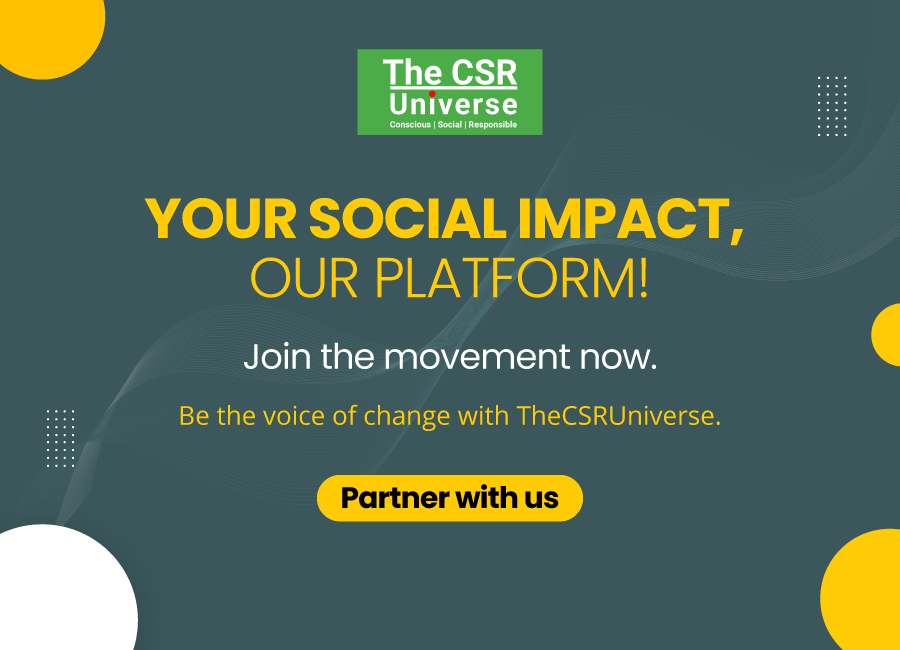

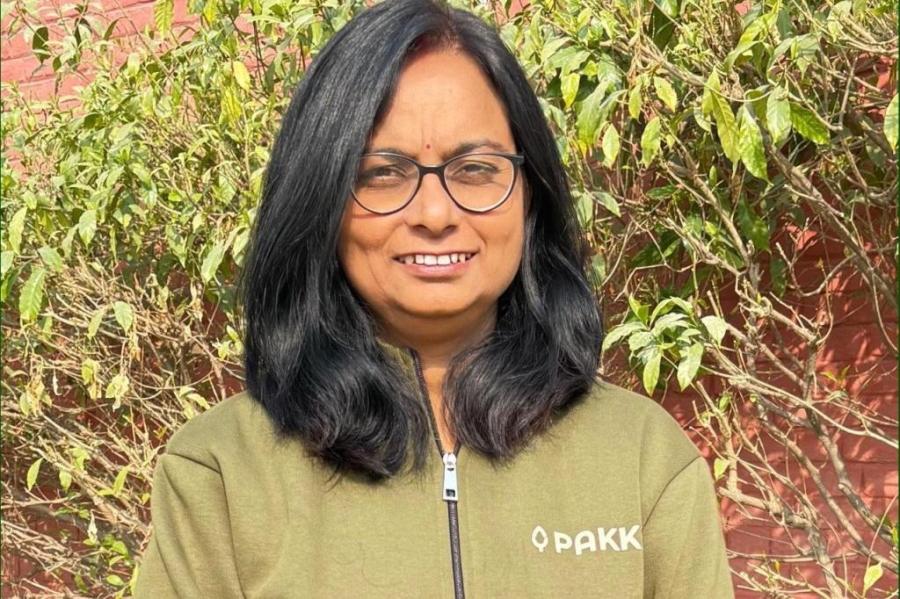
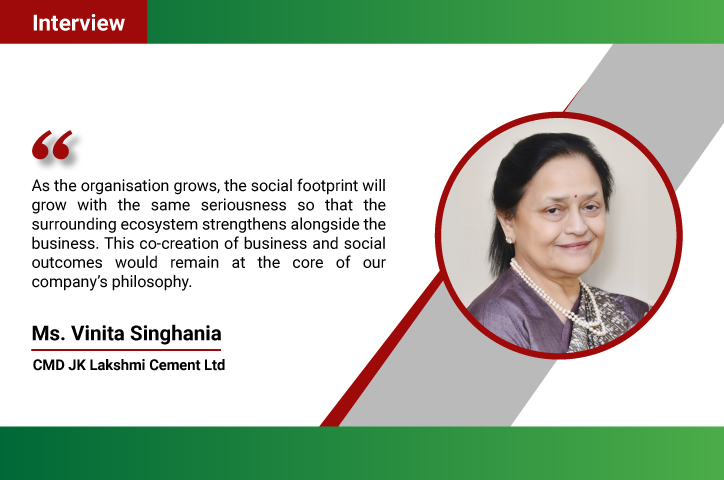
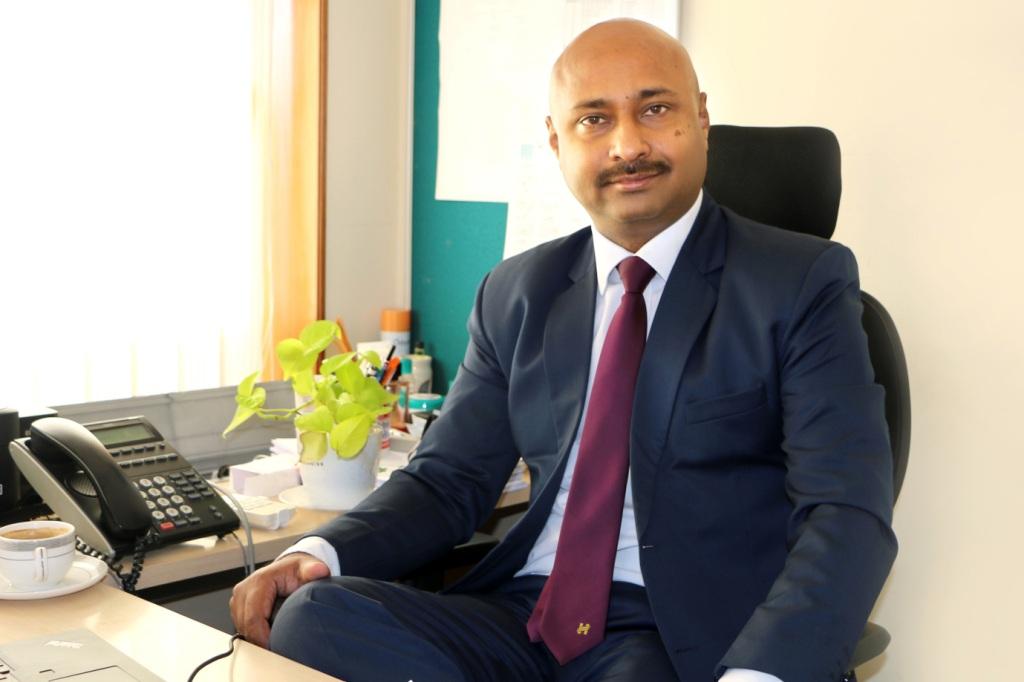
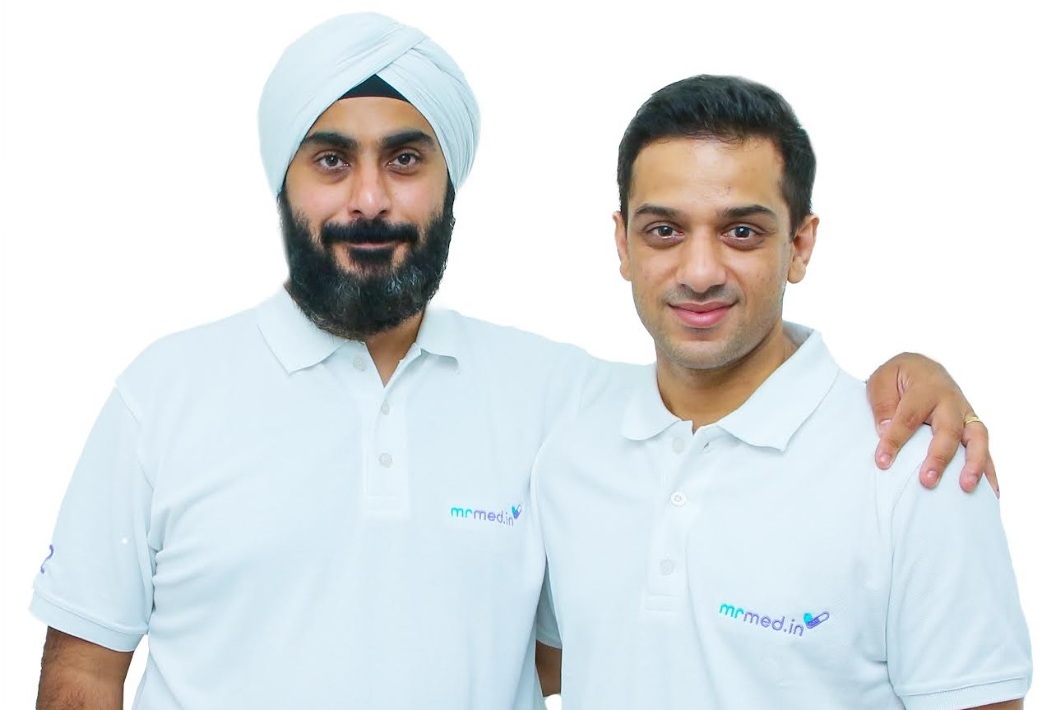
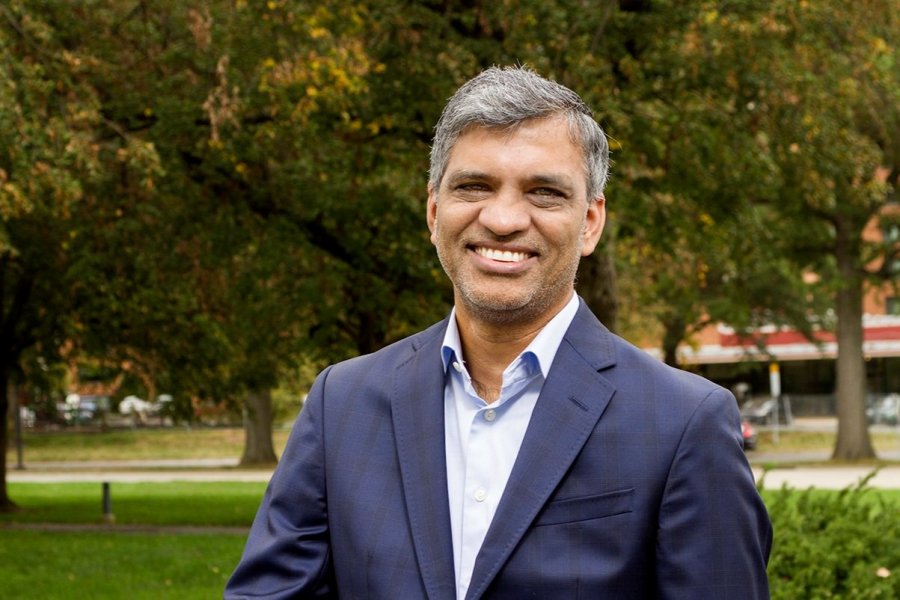
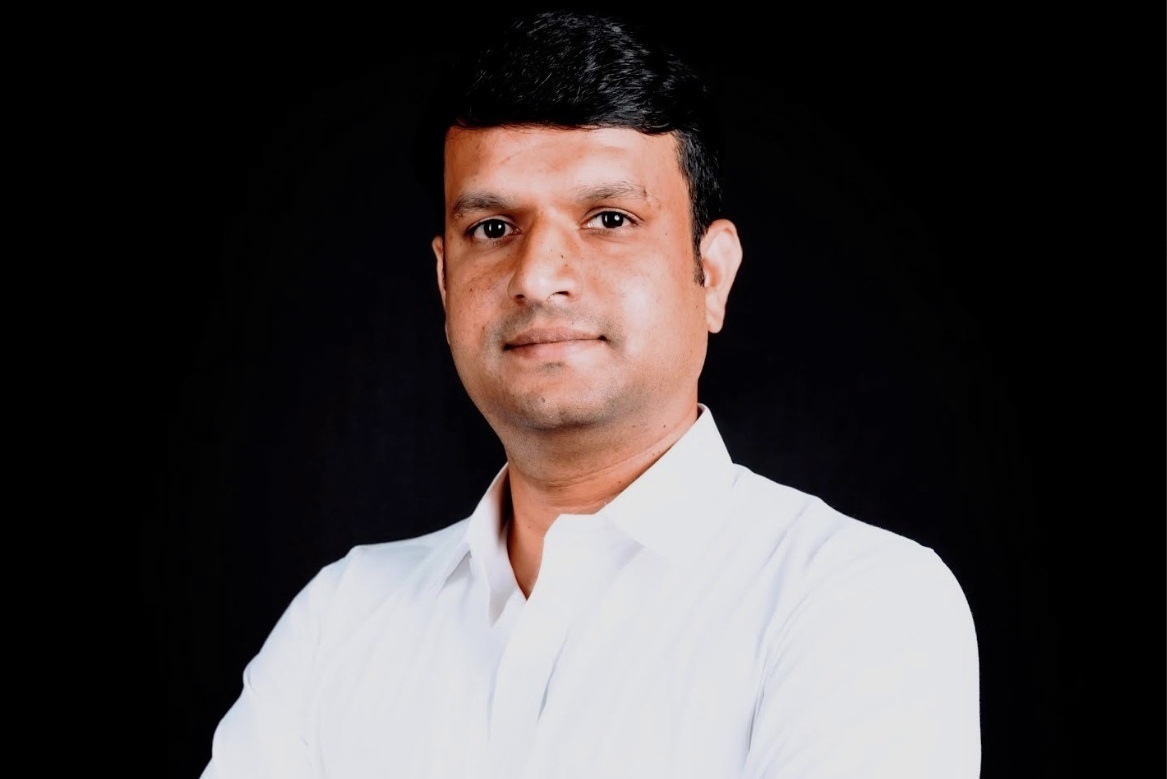
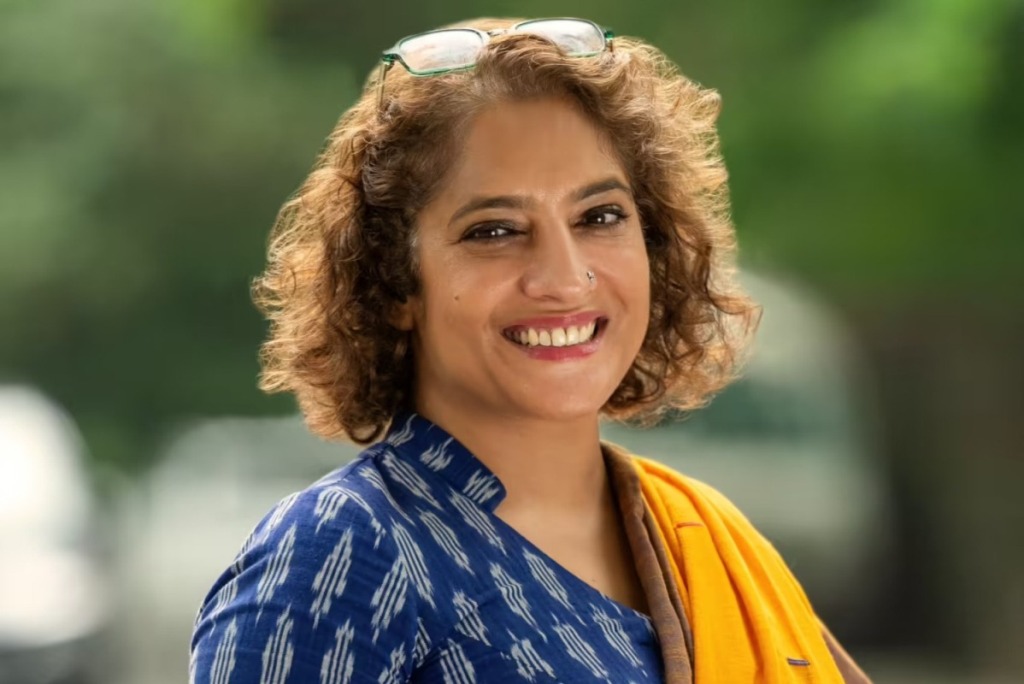
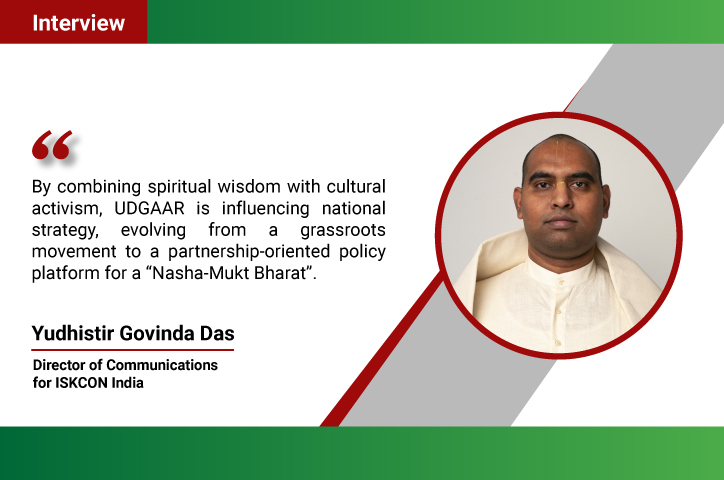


.jpg)

